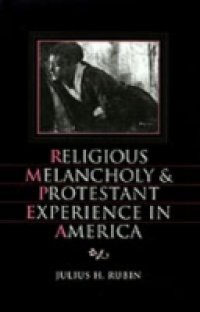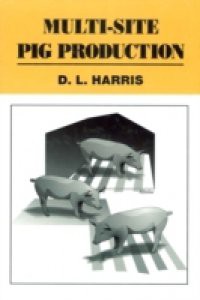This is a study of the ancient Jewish and Christian apocalypses involving ascent into heaven, which have received little scholarly attention in comparison to apocalypses concerned primarily with the end of the world. Recent developments like the publication of the Aramaic Enoch fragments from Qumran and interest in questions of genre in the study of the apocalypses make this a particularly appropriate time to undertake this study. Martha Himmelfarb places the apocalypses in relation to both their biblical antecedents and their context in the Greco-Roman world. Her analysis emphasizes the emergence of the understanding of heaven as temple in the Book of the Watchers, the earliest of these apocalypses, and the way in which this understanding affects the depiction of the culmination of ascent, the hero's achievement of a place among the angels, in the ascent apocalypses generally. It also considers the place of secrets of nature and primeval history in these works. Finally, it offers an interpretation of the pseudepigraphy of the apocalypses and their function.




 10 (1)
10 (1) 













